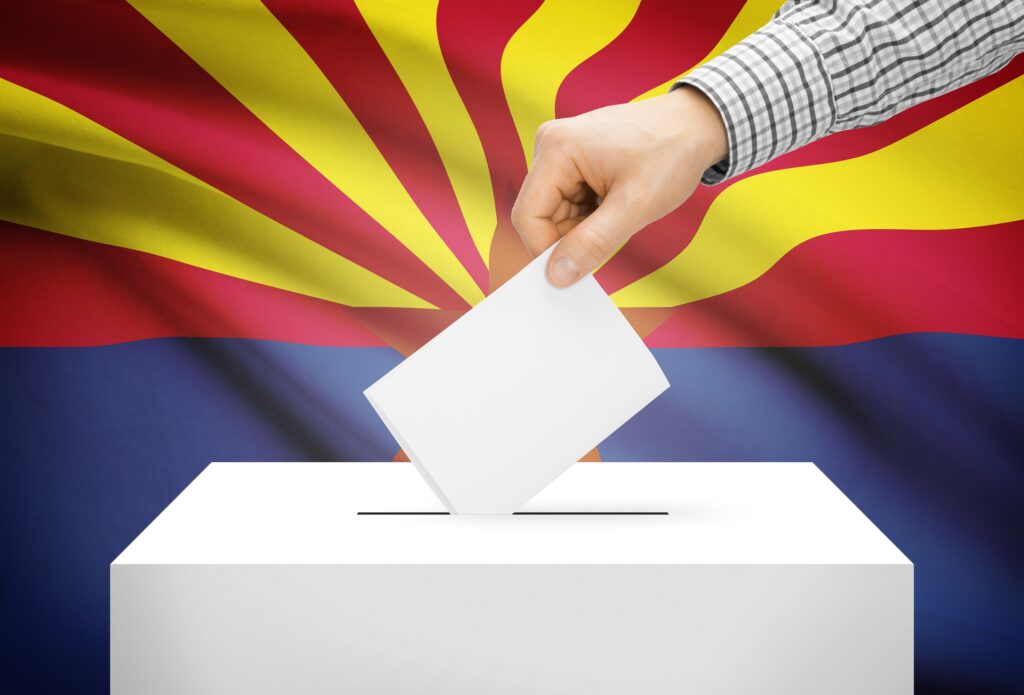Of Monopolies and Monocultures: The Intersection of Patents and National Security
It was certainly an odd thing for the Department of Justice attorney arguing for the United States to appear before the Ninth Circuit to tell the appellate judges that a federal agency was wrong. This was what happened in a Federal Trade Commission enforcement action against Qualcomm Inc., a semiconductor technology company. As a substantial holder of patents on mobile communications technologies and also a leading manufacturer of chips used in that same industry, the FTC charged Qualcomm with anticompetitive conduct; the district court agreed and enjoined Qualcomm from certain patent licensing practices. It was that award of injunctive relief which led the Antitrust Division of the Department of Justice to oppose its administrative counterpart, arguing among other things that the injunction had been improvidently granted in view of the public interest.
Yet as unexpected as the executive branch infighting alone might have been, the grounds for the Justice Department’s objection was perhaps unexpected as well. In justifying how the public interest disfavored a remedy on patent licensing, the department reached to a rationale that ordinarily would seem to have nothing to do with patents: national security. By limiting Qualcomm’s ability to license its patents, the department argued, the injunction would result in “diminishment of Qualcomm’s competitiveness” and thus “could harm U.S. national security.”
The Department of Justice has not been alone in drawing a tie between patent policy and national security. Recently, this tie has come up in multiple discussions of patent policy, ranging from hearings on patent subject matter eligibility to patent adjudication before the U.S. International Trade Commission. In those contexts, the Justice Department and many others have advanced a seemingly simple logical argument on how patents implicate national security. It is generally accepted that American national security depends on rapid innovation in certain security-sensitive technologies, such as artificial intelligence and telecommunications. It is also generally accepted that patent protection, being a valuable right granted to inventors, provides an economic stimulus for innovation. Therefore, maintaining patent protection or even strengthening it ought to further national security; limiting patent rights would conversely “harm U.S. national security” as the Justice Department put it.
This syllogistic equating of patent protection and national security, though perhaps initially attractive, appears on closer inspection to be overly simplistic. The purpose of this Article is to challenge this line of reasoning, showing that patent rights, and in particular unbridled assertion of patents, can impair and repeatedly has impaired national security interests. It reaches this conclusion by considering patents and national security through the lens of competition. Patents by definition suppress competition to some degree, so insofar as competition can enhance national security in certain ways, patents can diminish national security when used or licensed in particularly aggressive ways. To establish the relationship between patents and national security, then, this Article also contemplates how competition relates to national security.
The Article proceeds as follows. Part II reviews how patent policy has recently intersected with national security. It first explains the primary basis for relating innovation policy generally with national security, namely ongoing technological “races” in security-sensitive technologies. It then discusses recent events that have given rise to interest in and arguments over how patent law and policy can affect national security interests, particularly those relating to the aforementioned technology races, and identifies the appearance of the syllogistic argument that patent protection uniformly increases national security.
The remainder of the Article interrogates the syllogistic argument, primarily on two fronts. Part II takes a historical perspective, considering three past anecdotes in which patents have run headlong into national security. While each of the three examples—torpedo development prior to World War I, patent licensing in early aviation, and bioterrorism threats following the September 11th attacks—offers unique insights and lessons (plus an unexpected factoid on The Sound of Music), the common thread is that aggressive assertion and licensing of patents, by creating an environment devoid of competition, can stymie important government interests in national defense and security. Part III considers cybersecurity, which is closely tied to national security. Reviewing economic and computer science research, Part III identifies two reasons why competition enhances cybersecurity: Competition encourages firms to improve cybersecurity as a market-driven value-add, and it prevents the formation of single-vendor “monocultures” of technology that have been shown to be especially susceptible to cyberattacks.
Tying any policy field to national security is consequential, because “to securitize an activity or state-of-affairs is to present it as an urgent, imminent, extensive, and existential threat” to the nation at large, thereby justifying “extraordinary responses” that “typically involve bending rules of normal governance.” That is no less true for patent policy: The risk of overly simplistic approach to how patents affect national security could easily be to justify unwarranted expansions of patent protection that could end up undermining the very object sought to be achieved. Accordingly, Part IV offers policy recommendations on how best to address the more nuanced relationship between patents and national security, especially in view of effects on competition.
Read the full article here.









